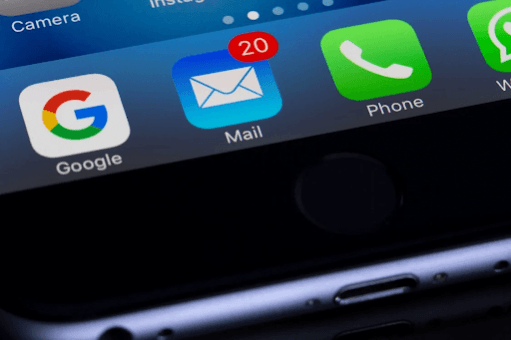
According to a study by Zippia, over 333 billion emails are sent each day in 2022. The same report predicts that this number will increase to 376 billion by 2025. So, far from being a relic of the past, email is still one of the most essential marketing tools for any business.
Chances are, every business has sent a fair share of emails to journalists and media outlets hoping to get coverage on their product or service. In a recent study by Axia, on an average business day 50% of the journalists surveyed receive one to five inbound pitches, and 19% receive six to 10. But what are the best practices for requesting media coverage via email?
PR Agency Baden Bower has worked out the media coverage request email formula. Here's what businesses need to do:
1. Keep it short and sweet
When emailing journalists, the first rule of thumb is to keep the email brief and to the point. Journalists are extremely busy and do not have time to read lengthy emails. Businesses should keep the email short and ensure that it contains all the information they need to assess whether the material is worth their time.
2. Personalise the message
Blanket emails are a sure-fire way to have an email deleted. Businesses should make an effort to tailor their email to the particular journalist or media outlet they're contacting. Mention pieces they worked on previously, or explain how the material would be a good fit for their publication.
Furthermore, ensure that the email is professional and that the grammar and spelling are correct.
3. Include all the details
Once the business has the journalist's attention, they need to make sure they include all the relevant details about their story. Who, what, when, where, and why are all important elements to include. The more information they can provide, the better.
4. Make it easy to say yes
The easier a business makes it for the journalist to say yes to their story, the better their chances. Companies should include a press kit, high-resolution images, and any other materials that would be helpful. If you make their job easy, they're more likely to give a company the coverage they want.
Including any material that will help shows that the business is serious about the coverage they want. When the journalist or media outlet perceives the company as professional, sending media coverage requests becomes easier moving forward.
Following these simple tips will help any business improve their chances of getting media coverage. Hiring a PR agency is another option for obtaining media coverage. PR firms regularly communicate with journalists and media outlets and usually have a network of media contacts. They are an excellent way to boost a brand's visibility through media coverage.
Baden Bower is a renowned PR firm based in Sydney. They have a team of well-trained experts who know how to get their clients media attention. It uses their extensive network to secure publicity for its clients.









